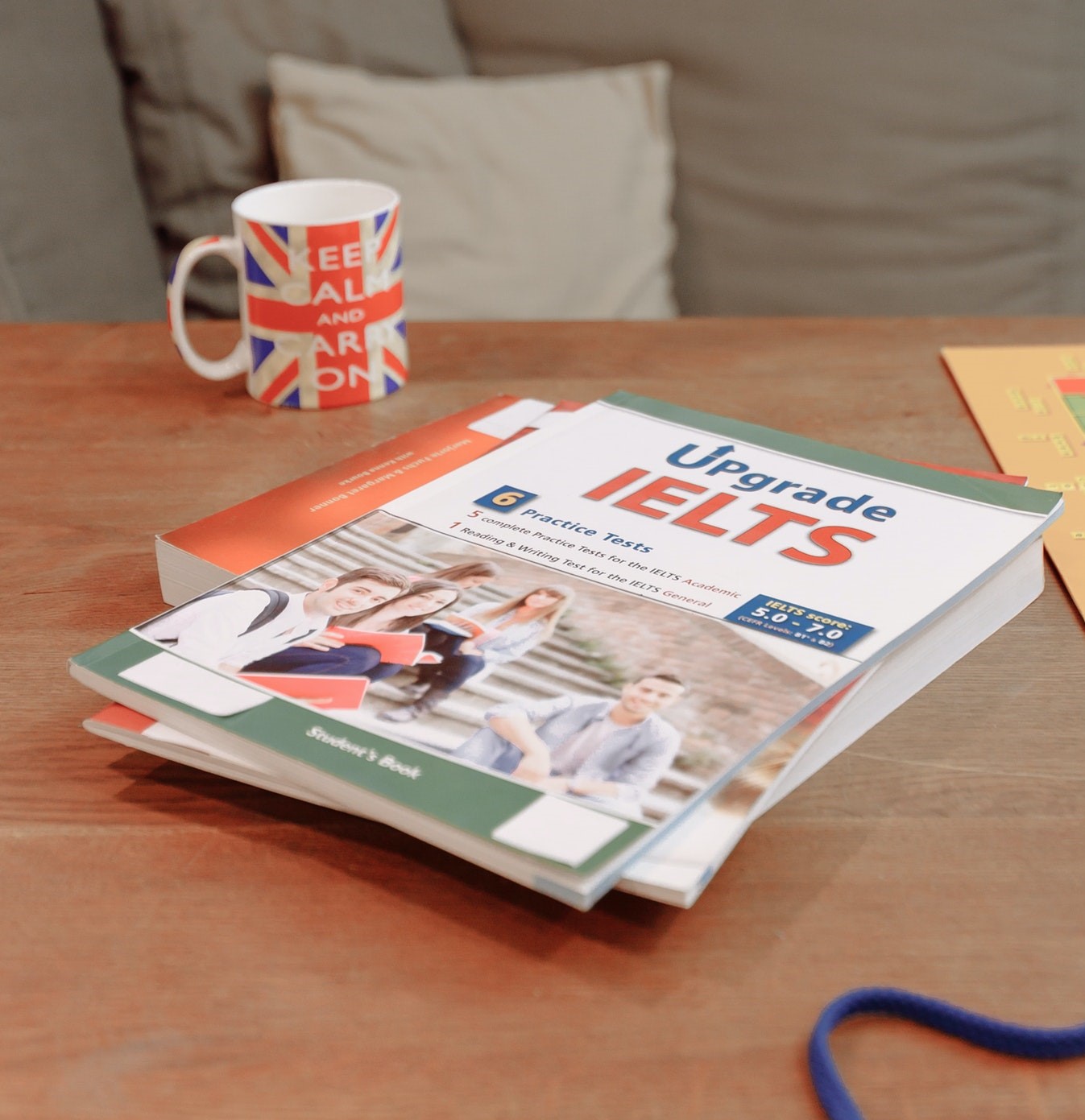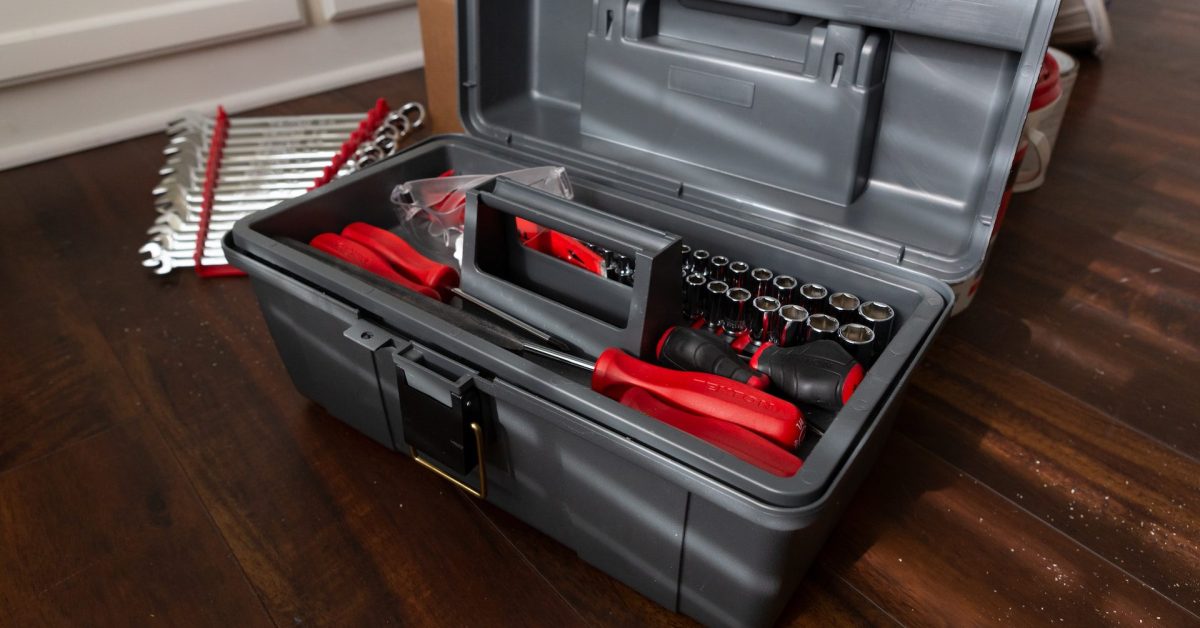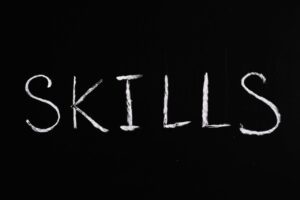IELTS speaking part 1 fixing things
-
Are you good at fixing things?
“I like to think I’m a dab hand when it comes to simple repairs. I can usually get the job done without too much hassle, and I guess I’ve got a knack for diagnosing the problem and finding a solution, so I’d say I’m pretty good at fixing things.”
“To be honest, not really. I’m actually better at breaking things than fixing them, and I’m afraid I’m more of a disaster when it comes to tinkering with things….I’m like a bull in a china shop!”
- Idioms
A “dab hand” is an idiom used to refer to someone who is very skilled and experienced in a particular activity. For example, “My dad is a dab hand at fixing things around the house – he can usually have it done in no time.”
The idiom to have a knack for something means to have a special talent or ability for something. For example, “My brother has a knack for fixing cars; he can figure out any issue in no time.”
An idiom meaning to cause chaos or destruction in a delicate situation is “like a bull in a china shop”. For example, “When I tried to fix the computer, I was like a bull in a china shop and made it worse”.
What kinds of things can you fix?
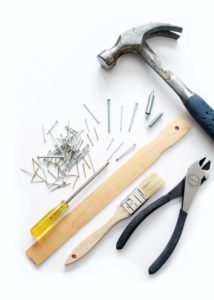 Actually, I’m a whiz at fixing all sorts of things, from a broken light switch to a leaking pipe. I’m always the go-to person when it comes to getting a tricky job done at home or at work.”
Actually, I’m a whiz at fixing all sorts of things, from a broken light switch to a leaking pipe. I’m always the go-to person when it comes to getting a tricky job done at home or at work.”
“To be honest, I’m not the best handyman around, but I can usually figure out how to at least patch up minor issues – you know, the kind of stuff like tightening a loose screw or hammering in a nail.”
- idioms
The idiom “a whiz” is used to describe someone who is an expert or highly skilled at a particular activity. For example, “My brother is a whiz at fixing computers; he can solve any problem in no time.”
Is there anyone in your family who is good at fixing things?
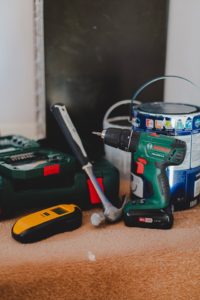 “My dad is quite handy and he can usually figure out a way to repair just about anything. As for me, I’m afraid I’m not the best with tools, so I tend to leave the fixing to the experts.”
“My dad is quite handy and he can usually figure out a way to repair just about anything. As for me, I’m afraid I’m not the best with tools, so I tend to leave the fixing to the experts.”
“No, unfortunately not, and there isn’t really anyone in my family who is a whiz when it comes to fixing things, so it’s always a bit of a struggle when something needs repairing.”
- Idioms
The idiom “quite handy” is used to describe someone who is skilled at fixing things or working with tools. For example, “My dad is quite handy; he can fix almost any appliance or do-it-yourself project.”
Do you think it’s good to learn how to fix things?
“It’s definitely a good idea to learn how to fix things! It’s a useful life skill that’ll probably save money in the long run . As well as that, I think it’s always a great feeling to be able to fix something by yourself.”
What do you do if you break something and you can’t fix it?
“If I break something beyond my own capabilities to fix, I usually take it to a repair shop to have a professional look it over and make the necessary repairs.”
“If I ever break something and am unable to fix it myself, I’ll take it to the local repair shop and have someone else take a crack at it.”
- Idioms
The idiom “have a crack at” means to attempt or try something. For example, “I’m going to have a crack at baking a cake for the first time.”
Who taught you to fix things?
“Growing up, my dad was always my go-to guy for when I needed something fixed. He was the one who showed me the ropes and taught me how to troubleshoot when something wasn’t working right.”
“My grandpa was always a great teacher and mentor when it came to fixing things. He was always tinkering and working on something – from old cars to broken appliances , and he’d let me help him out.”
- Idioms
The idiom “go-to guy” is a phrase used to refer to someone who is reliable and is the person you go to for help or advice. For example, “My brother is my go-to guy when I need help with my computer.”
What was the last thing that broke in your home?
“Oh, as far as I remember it was the air-con unit, which started to leak a lot of water a few weeks ago. My mother had to call a repairman to come and fix it, as none of us had any idea of what to do.”
More links to part 1 topics with example answers
IELTS speaking part 1 ice cream
IELTS speaking part 1 wild animals
IELTS speaking part 1 small businesses














